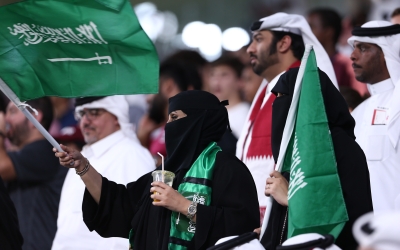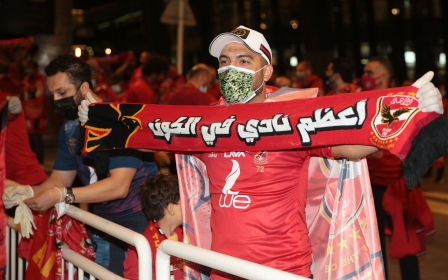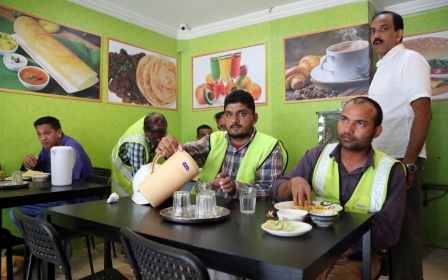Covid-19: Qatar will only allow vaccinated fans at World Cup 2022
Qatar said on Sunday that only people who have been fully vaccinated against Covid-19 would be allowed to attend the World Cup next year, adding that it is in negotiations to secure one million doses in case the global vaccination drive falls behind.
The Gulf emirate will host the four-week tournament in November 2022 and the president of global soccer body Fifa has said the matches would be held in full stadiums.
Prime Minister Sheikh Khalid bin Khalifa bin Abdulaziz Al Thani told newspapers that while most countries were expected to have vaccinated their citizens by then, Qatar was still taking measures to ensure a successful event.
"We are currently negotiating with a company to provide one million doses of Covid-19 vaccines in order to immunise and vaccinate some of those coming to Qatar," Sheikh Khalid was quoted as saying by state media on Sunday, without identifying the firm.
Qatar is planning to make vaccinations available to attendees not already immunised, according to officials, however the process of such a plan was not immediately clear as most coronavirus vaccines require two doses administered weeks apart.
The emirate has recorded 220,800 cases since the pandemic started in March last year. It has administered at least 2.8 million doses of Pfizer-BioNTech and Moderna vaccines, enough to vaccinate around 50.8 percent of its citizens and residents, according to Reuters.
Doha is hosting the 2021 Arab Cup in December, an event that Sheikh Khalid said would demonstrate the emirate’s preparedness to host major tournaments.
The construction of the majority of stadiums had been completed, he said, while work continues on three, including Lusail Stadium, which will host the final match of World Cup 2022.
Qatar’s preparations to hold the Fifa World Cup has been mired by concerns over human rights violations and the mistreatment of migrant workers building the infrastructure for the biggest football event in the world.
In August 2020, Qatar announced changes in its labour laws, including scrapping the no-objection certificate that forced workers to ask their employers permission to change jobs. Earlier this year, Doha also introduced a new minimum wage law for foreign workers.
Middle East Eye delivers independent and unrivalled coverage and analysis of the Middle East, North Africa and beyond. To learn more about republishing this content and the associated fees, please fill out this form. More about MEE can be found here.





